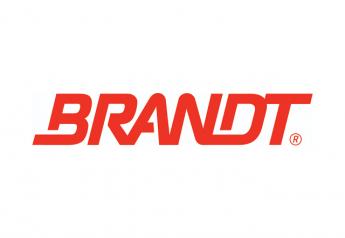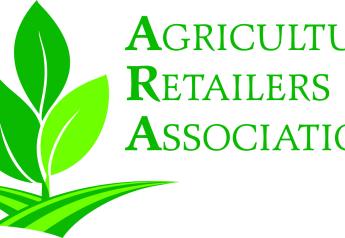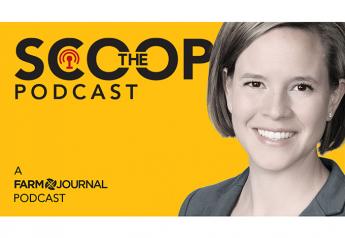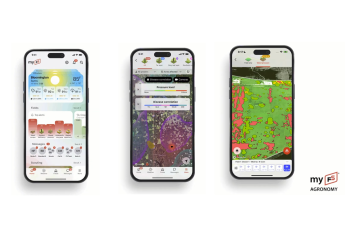What's Going On With Glyphosate

While glyphosate has been used for more than 40 years, certain regulators and activist groups are revving up their charge against the popular herbicide. From California, to class action lawsuits, to labeling, to the European Union, the controversy continues.
In California manufacturers will be forced to include a label, starting in July, on Roundup and any other products with glyphosate. Labels will say the product is known to cause cancer—the same such label can be found on red wine, bacon and even sunscreen in the state. This is required by California’s Proposition 65.
For background, Proposition 65, the Safe Drinking Water and Toxic Enforcement Act of 1986, is a California voter initiative that requires the state to publish a list of chemicals known to cause cancer, birth defects or other reproductive harm and must be updated a minimum at least annually. Since 1978, the list has grown to about 800 chemicals.
The International Agency for Research on Cancer (IARC), part of the World Health Organization (WHO), released their opinion that glyphosate is a probable carcinogen in 2015 based on reviews of selected past studies, not new research conducted by WHO.
“Even IARC’s overseer, WHO, found it doesn’t cause cancer,” Partridge says. “Worldwide it has been studied over and over to find no cancer.”
More than 250 different cropping systems in California use glyphosate so many farmers could find themselves at risk of a lawsuit--anyone can sue for “perceived health risk.”
“Farmers might be pressured away from using glyphosate and have to switch to a less effective or more expensive option,” says Renee Pinel, president and CEO of the Western Plant Health Association, a group that represents crop protection, fertilizer, seed and retailer groups in legislative and regulatory issues. “The biggest risk is if glyphosate is found at any detectable level in waterways the farmer could be sued and would have to prove it wasn’t them or settle.”
“Prop 65 is written in very broad language. It prohibits discharge into drinking water, which is pretty much any surface water,” Pinel says. “Plaintiffs don’t have to prove guilt the farmer has to prove innocence.”
Pinel thinks Monsanto and growers might have a tough road ahead of them if the listing sticks.
“[Glyphosate] has been used for 40 years and not a single validated study has found it to cause cancer,” says Scott Partridge, Monsanto vice president of global strategy. Glyphosate’s fight in many cases hinges on whether or not the chemical is a carcinogen.
“We are asking the court to recognize our freedom of speech rights,” Partridge says. “We have a right not to be compelled to speak and the state of California is trying to compel us to speak in a way that is patently false.”
Courts will review Monsanto, along with a large coalition of ag stakeholders, claims before the label requirement goes into effect July 7, 2018. Partridge says if the court does not stand behind Monsanto and the coalition they will appeal the decision.
In addition to California’s actions, other activists and lawyers are taking advantage of IARC’s listing. Individual lawsuits are in the works against Monsanto under claims glyphosate led to cancer in the individual or their family. In addition, a California-based company called BioChecked has created “non-glyphosate certified” labels for food.
Germany’s Vote Means EU Retains Access to Glyphosate for Five Years. The European Union (EU) recently voted to allow the continued use of glyphosate. Of the 28 member nations, 18 voted in favor, nine against and one abstained.
The decision was influenced by Germany’s postelection limbo, according to Dow Jones. The country voted in favor of using the herbicide—a decision some are criticizing.
However, farm minister Christian Schmidt defended his decision to Rheinische Post saying he “obtained concessions in regards to animal health and biodiversity” and that the commission would have approved the extension anyway.
Since the vote approved continuing use, the EU Commission should renew glyphosate’s five-year license by December 15.







